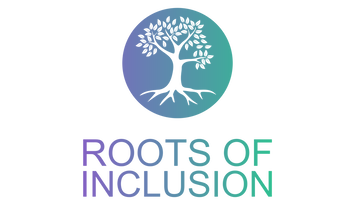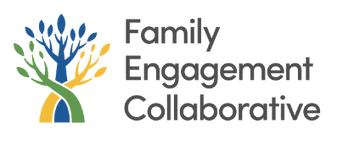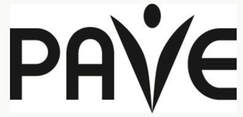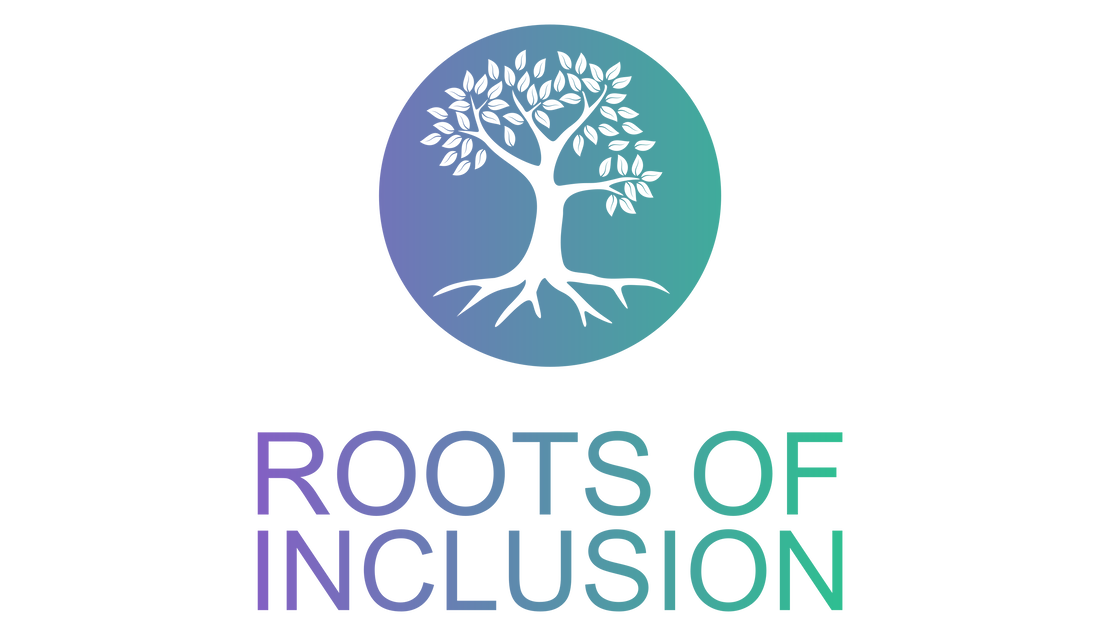Roots of Inclusion and the FEC
|
Roots of Inclusion is a member organization of the Inclusionary Practices Family Engagement Collaborative (FEC). The FEC is a partnership of four non-profit organizations, convened and lead by PAVE (Partnerships for Action, Voices for Empowerment) committed to strengthening family-school partnerships to support culturally-responsive approaches that center the experiences of students with disabilities.
|
Learn More about the Project |
The Work of the FEC
The Inclusionary Practices Family Engagement Collaborative believes that equitable family-school partnerships are necessary to improve outcomes for students with disabilities in Washington State. The collaborative is comprised of leaders from Partnerships for Action Voices for Empowerment (PAVE), Open Doors for Multicultural Families (ODMF), Roots of Inclusion, and Education Northwest.
Improved collaboration between schools and families enables successful inclusion and better prepares young people for success in postsecondary education, employment, and civic engagement. A primary goal of the collaborative is to uplift students of color and those who have traditionally been denied a voice in decision making.
All students, families, and communities possess strengths and cultural knowledge that benefit their peers, educators, and schools. Engagement activities must include healing and relationship building along with multi-level system alignment. To achieve effective family engagement practices, we must strengthen the capacity of families and schools to form partnerships that involve shared decision making and ultimately lead to effective collaboration.
We believe engagement and training must be relational, culturally responsive, and respectful. To ensure that services are linked to learning and development, asset-based, collaborative, and interactive, our collaborative will provide the following services:
Improved collaboration between schools and families enables successful inclusion and better prepares young people for success in postsecondary education, employment, and civic engagement. A primary goal of the collaborative is to uplift students of color and those who have traditionally been denied a voice in decision making.
All students, families, and communities possess strengths and cultural knowledge that benefit their peers, educators, and schools. Engagement activities must include healing and relationship building along with multi-level system alignment. To achieve effective family engagement practices, we must strengthen the capacity of families and schools to form partnerships that involve shared decision making and ultimately lead to effective collaboration.
We believe engagement and training must be relational, culturally responsive, and respectful. To ensure that services are linked to learning and development, asset-based, collaborative, and interactive, our collaborative will provide the following services:
- Develop a train-the-trainer cohort to support family and stakeholder engagement and training in pilot site communities.
- Design and promote training to strengthen the capacity of families and educators to work as partners in the IEP process, focused on inclusionary practices and improved student outcomes
- Create a resource library to help families and students advocate for increased inclusion.
- and access in their school. The resources include information to help administrators, special education teachers, and general education teachers understand historical context and bias experienced by individuals with disabilities.
- Create a Community Conversation Toolkit to cultivate relationship-building, improve understanding about inclusion, and grow commitment toward inclusive practices.
- Consult with stakeholders to increase capacity for culturally responsive family engagement.
About the Inclusionary Practices Project
Inclusion is the belief and practice that all students have the right to meaningfully access academic and social opportunities in general education settings. According to the Washington Office of Superintendent of Public Instruction (OSPI), in Washington State, only 57 percent of students receiving special education services are included in general education settings for 80-100% of the school day. Washington is currently one of the least inclusive states, ranking 44 out of 50.
To help improve our schools’ ability to be more inclusive, the Washington State Legislature provided OSPI with $25,000,000, through the 2019-21 Biennial Budget, to implement professional development in support of inclusionary practices over two years, with an emphasis on coaching and mentoring.
The Family Engagement Collaborative (FEC) was formed in July of 2020 to address aspects of the project specific to engaging parents and families.
To help improve our schools’ ability to be more inclusive, the Washington State Legislature provided OSPI with $25,000,000, through the 2019-21 Biennial Budget, to implement professional development in support of inclusionary practices over two years, with an emphasis on coaching and mentoring.
The Family Engagement Collaborative (FEC) was formed in July of 2020 to address aspects of the project specific to engaging parents and families.
Family Engagement Collaborative
Member Organizations
Inclusionary Practices
Family Engagement Project Elements
Environmental Scan
|
Service Provision
|
Evaluation
|








